If you have to file for SR22 insurance, you’re probably facing a lot of different information. It can be difficult to make sense of what your requirements are and what you have to do. Once you know what’s going on, however, the process gets infinitely easier. We break it down with these tips for filling out and filing SR22 insurance.
What Is SR22 Insurance, and Why Would You Need It?
Technically speaking, SR22 insurance isn’t actually an insurance policy. It is merely a certificate proving that you meet the minimum insurance coverage in your state. You may need to get an SR22 certificate for numerous reasons, including:
- Driving while drunk or intoxicated
- Driving without auto insurance
- Getting multiple tickets or traffic violations in a certain amount of time
- Causing a car accident
Essentially, an SR22 certificate is the state’s way of guaranteeing you meet their minimum liability requirements after proving yourself to be a high-risk driver. After one of these incidents, you will likely need to file for SR22 insurance to reinstate your license and get back on the road. You will also need to keep up with your state’s SR22 insurance requirements throughout the entire mandated period.
Know What Forms You Need
There are different types of SR22 insurance, and different add-ons you might have to file alongside your SR22, depending on your state. We’ll start with the SR22 itself, which has three types: operator or non-owner, owner, and operator/owner. An operator or non-owner policy protects a driver who borrows or rents a car, rather than the specific vehicle itself. This policy might be cheaper than the others, but it also means you can’t own a car for the duration of the policy. An owner policy provides coverage for drivers who exclusively drive a car that they own. The operator/owner policy covers drivers who do a combination of renting a car and driving their own.
Some states have different types of certificates of financial responsibility that you may have to file instead of or along with an SR22. For example, Florida and Virginia require an FR44 certificate to reinstate your license after a DUI or DWI. An FR44 form is specific to drunk or intoxicated driving, which means you will have a higher liability insurance minimum. Other states have different forms that serve as proof of insurance at the time of the accident or traffic violation. For example, the SR21 certificate in Arkansas or the SR50 certificate in Indiana. These are different from the SR22, which is proof of insurance after the incident.
Find Out How Long You’ll Need It
Once again, the specifics of your SR22 insurance—including the minimum length you’ll have to maintain it—are based on your state’s requirements. While most states have a minimum filing period of about three years, the range can be anywhere from one to five years. It’s vital to maintain your SR22 insurance during this time and not to let it lapse. As soon as you cancel your coverage or it expires, your insurance provider, by law, has to inform the state and the Department of Motor Vehicles. If this happens, they’ll send an SR26 form to the state to cancel the SR22 insurance, which can result in fines, losing your license, or other consequences.
If you change insurance providers or move to another state, you will still need to keep up with your SR22 insurance requirements. This goes for those who move somewhere that doesn’t require an SR22 certificate as well. If you move, you must maintain the requirements of the state where you originally obtained the SR22. Make sure your new insurance policy still meets the minimum liability requirements of your state. Failure to keep up with these requirements will count as a lapse in your SR22 insurance. This means it will take even longer to complete your SR22 and get back to normal life.
Know the Cost
One of the biggest questions people have when filing for SR22 insurance is, how much is it going to cost? The form itself isn’t that expensive and usually costs around $25 to file. However, most of the cost is going to come from your insurance policy. When you file for an SR22 with your insurance company, the cost will depend on the minimum liability requirements in your state. For example, the SR22 in Indiana has the following insurance minimums:
- $25,000 for bodily injury to one person
- $50,000 for bodily injury to two or more people
- $10,000 for property damage
These prices are pretty standard for most states, but rates can range anywhere from $10,000 to $100,000. As such, it’s important to do some research on your specific situation and requirements.
Unfortunately, these costs aren’t always easy to meet. If you find yourself in a position where you need to save money on SR22 insurance, there are a few things you can do. Go through your current auto insurance provider to get a quote. It’s also a good idea to go through a company such as Serenity Group, which specializes in SR22 and can find you the most affordable rate for your situation.
When Purchasing
The most important step of shopping for SR22 insurance is finding the right provider and policy. This is because your auto insurance company files your SR22 certificate. Some insurance companies don’t even offer SR22 insurance policies. Others do, but they drastically increase your rates due to accidents, traffic violations, and other incidents in your driving history. This is why it’s important to look around and get a few quotes from different providers. Knowing how your SR22 will impact your insurance coverage and rates will keep you from facing unexpected costs further down the road.
Once you’ve taken on a plan with SR22 coverage, it can still take over 30 days for personnel to file, process, and send the SR22 certificate to you. The SR22 is not complete until the state or DMV files it. Once you receive it and are back on the road, it’s a good idea to keep a copy of the certificate with you or in your car at all times.
Overall, the most important tip for filling out and filing SR22 insurance is to stay informed. When you have all the necessary information, the entire process becomes more manageable. And you become that much closer to getting your freedom and mobility back.
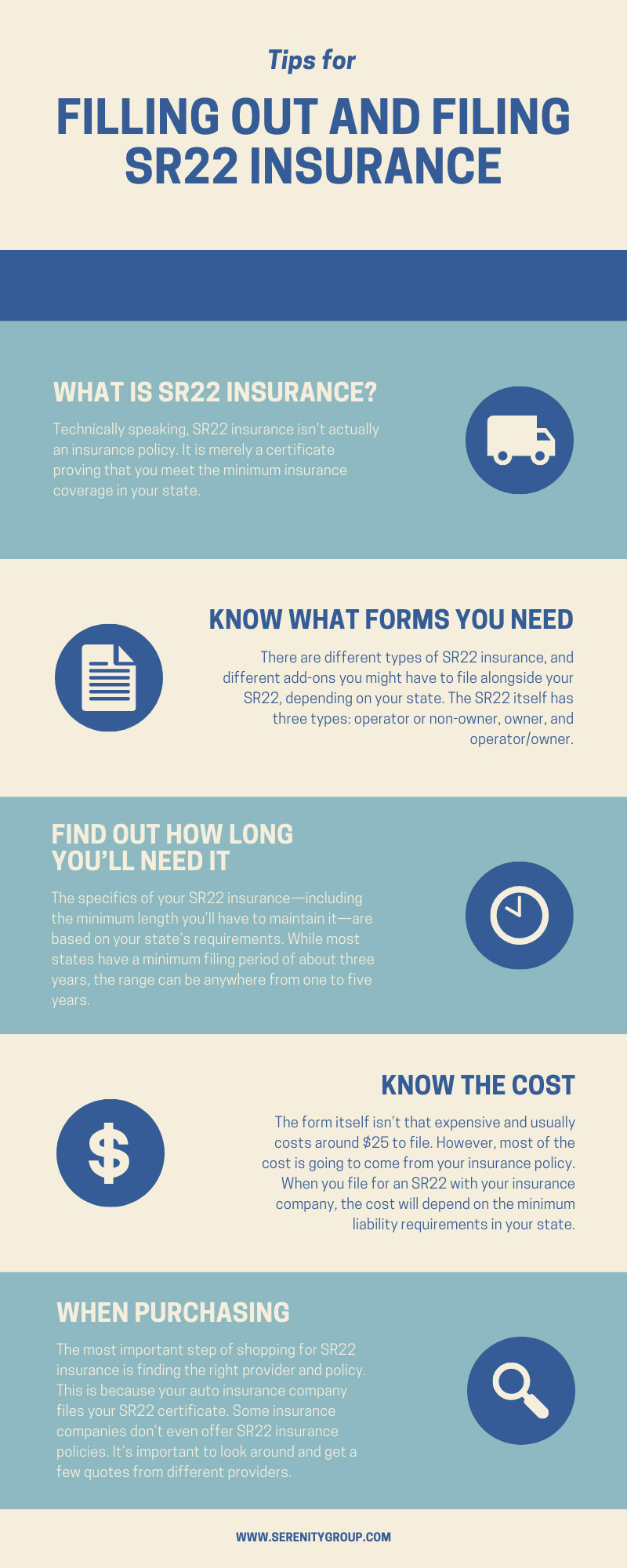


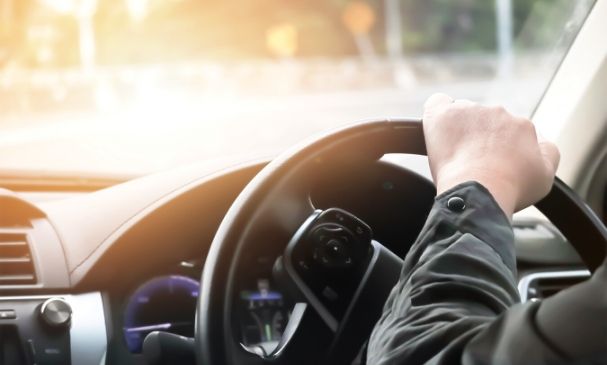
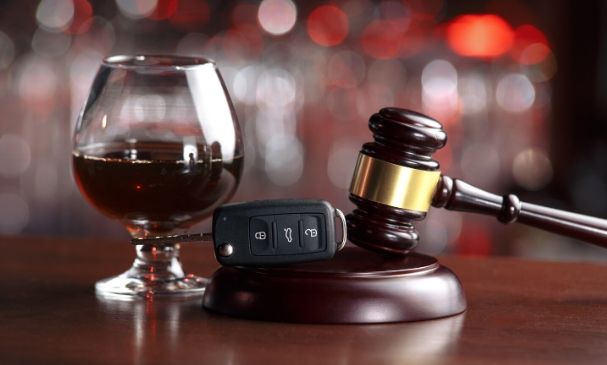

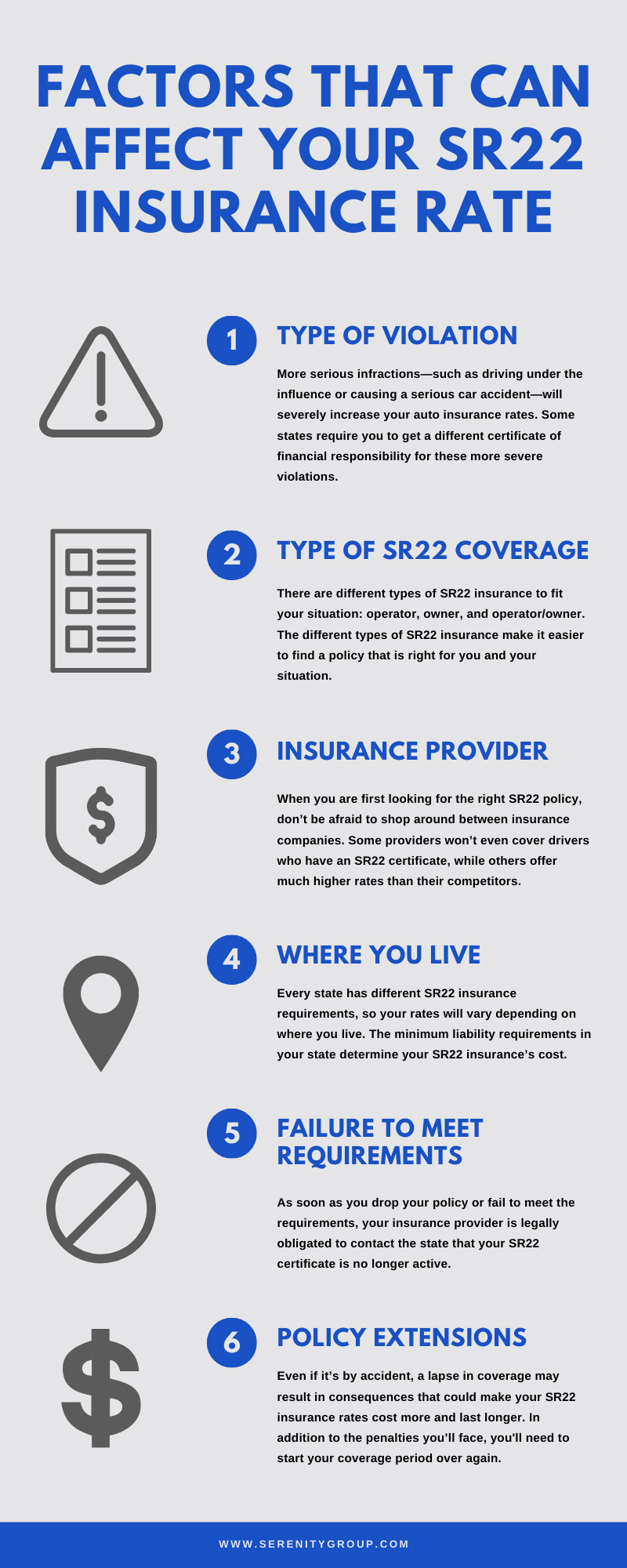
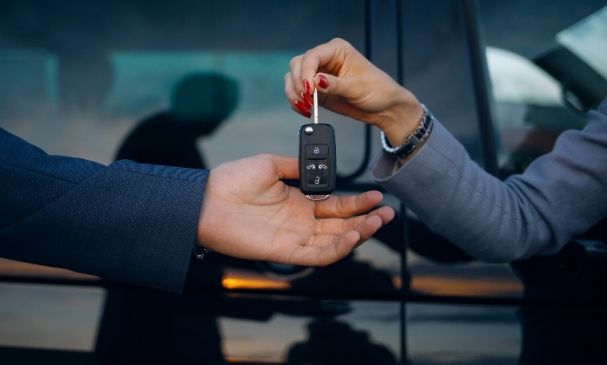

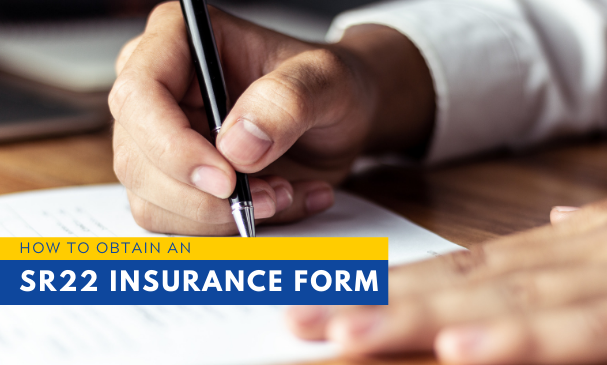
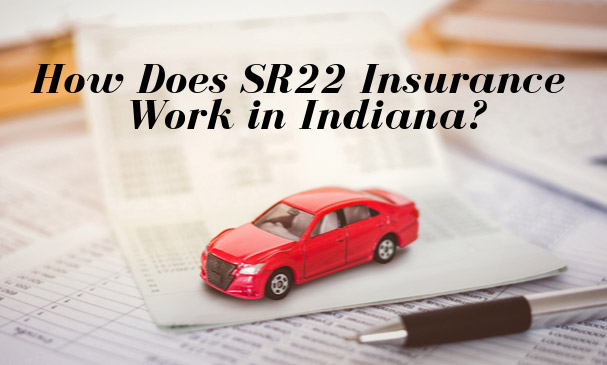
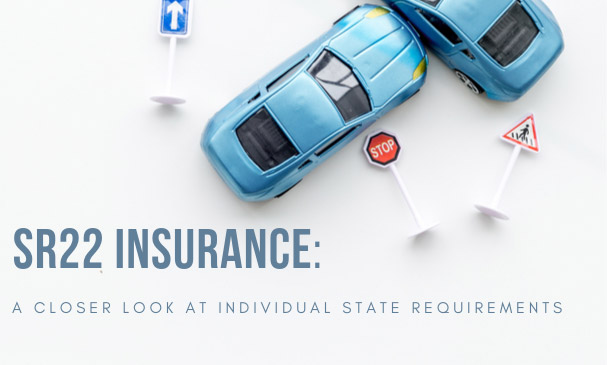
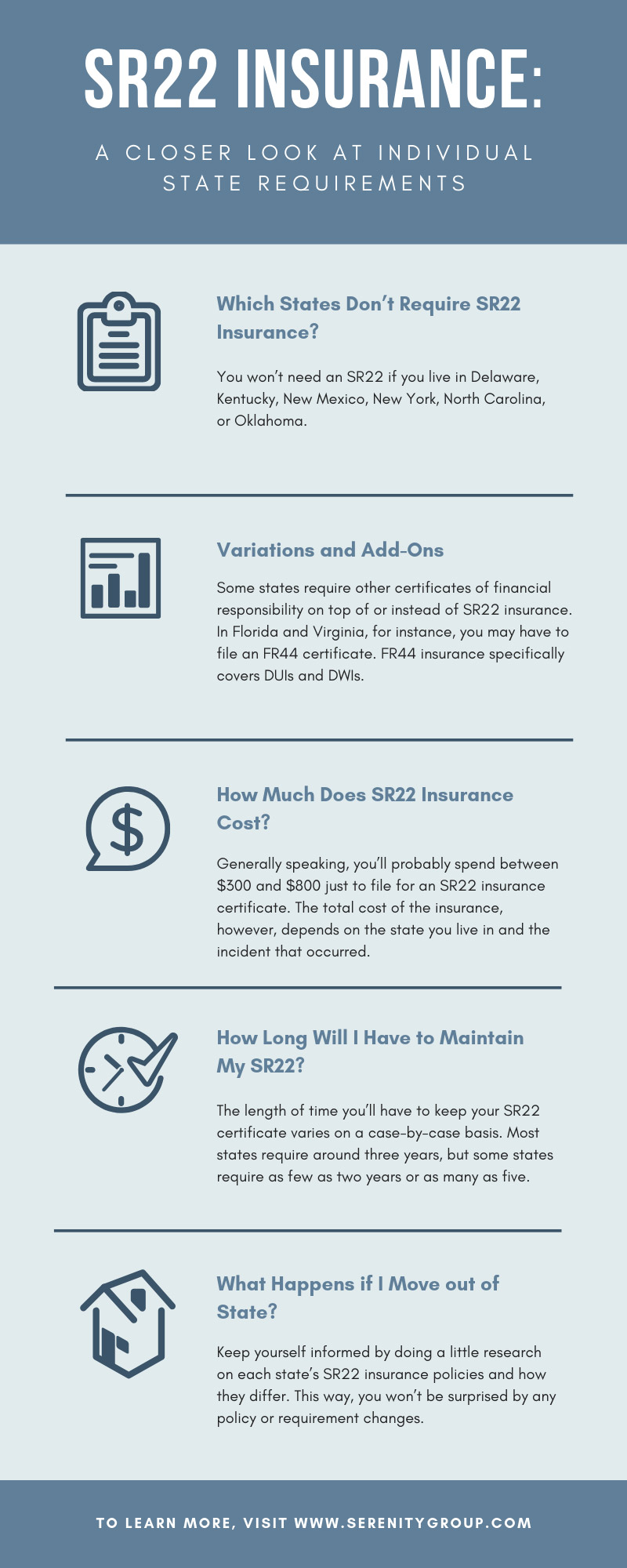
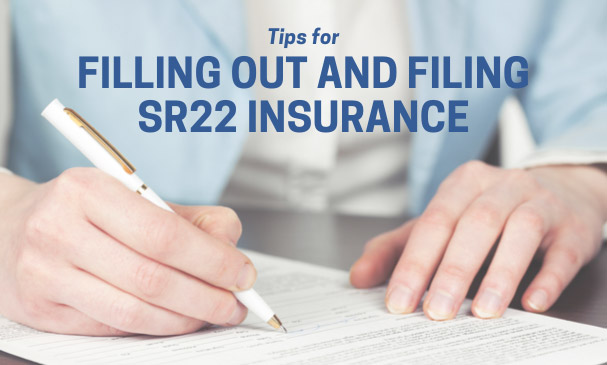

Recent Comments